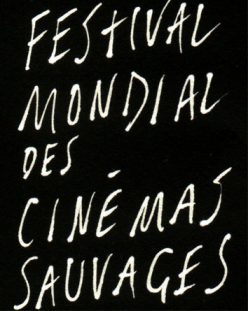About copyright, free licences…

This article is under construction. Please consult the links provided below for addtional information.
Certain information below pertains specifically to Belgian law.
The author is the physical person who creates a work. The author of a work is he or she who has signed it. Legally speaking, by default, any artistic work is subject to «copyright laws». This means that the author possesses, by default, the intellectual property of his or her work. «Copyright law» defines intellectual property.
Copyright laws can be broken down into two parts:
- moral rights: this deals with the authorship of a work and its integrity. By default, a work cannot be dissociated from the name of its author, and cannot be modified.
- property rights: the author is the only one who can decide on the conditions of the use of his or her work: where, when, how, for how long, for what cost it is shared (until the moment when the work enters the public domain).
A contract may define the way an author allows others to use his or her work: an exhibitor, a producer… often for a monetary exchange and for a limited duration.
The author has the possibility, if he or she expresses this in the work, to announce a position on its copyright. For example, if he or she wants the work to be able to be exhibited anytime, anywhere, and by anyone, or that the work be modifiable at will and for any use.
The adherence to certain types of licences, called «free», allows the author to oppose the idea of copyright, which is applied by default. It suffices to add to the work the url or the logo of a free licence.
Here are several links to free licences. They are very numerous, and each has its own peculiarities, areas of application, and restrictions.
In addition to exhibiting works under free licence, we attach great importance to the idea of producing artwork with free tools. This means exploring open-access digital tools, whether software (programs) or hardware (camera, computers), in order to avoid, as much as possible, the control of the industry on cinematographic creation and to encourage the empowerment of creators.
NB : we are organizing an Open Kino within the festival, an open workshop for the creation of films within 72 hours, solely with free tools. More info to come.
A few links…
Since film was created by the industry for the industry, it appears difficult to truly leave the system. Subversion, recuperation of obsolete equipment, bootlegging, stealing… are some of the ways one can envisage emancipation.
As for analogue filmmaking, a network of 48 independent filmmaking laboratories around the world is currently working to independently resurrect photochemical cinematographic production.
To be continued…

